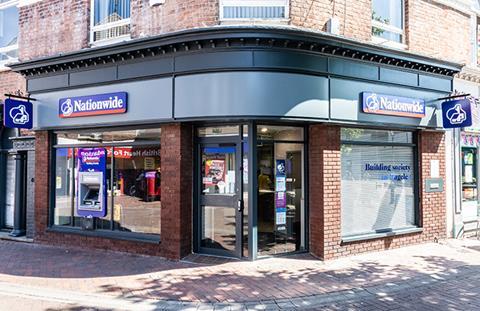
Nationwide has long recognised the value of supporting working carers among its 16,000 employees but the pandemic has emphasised the need for, and value of, this sort of support, argues Faye Whitmarsh, people strategy lead.
The building society has an active employee-led working carers’ network, offers ‘passports’ that detail individual caring responsibilities and needs, has carer's and family support leave and paid emergency leave, and allows flexible working arrangements, including, from March, introducing a ‘work anywhere’ commitment for non-branch employees.
“With our working carers’ network, for example, we have really amplified and tuned into their voice to help us design and think about what we’re going to do. It has been very strong in shaping the things we offer, such as the carers’ passport and family support leave,” says Whitmarsh, adding that during the pandemic Nationwide extended emergency paid leave from two days to four weeks, a benefit still in place.
When it comes to gauging which support works best, it is about having a “continuous listening” approach, highlights Whitmarsh. “We’ve moved from a very annual engagement survey to much more regular pulse surveys, supported by insight from our employees of what practical help they need. Leaders have a dashboard they can log into, see the data, see the verbatim comments.”
Measuring impact or effectiveness can be done in many ways, Whitmarsh advises. “Simply measuring the uptake of these benefits is a good place to start. For example, how many people have got their carer passports in place, how many people have taken their full four weeks’ leave?”
Within all this, it is important not to forget benefits that support the mental health impact of caring. “When you are spending so much time caring for someone else, spending time to care for yourself is important. We have been doing quite a bit around mental health, including really upping the support from our employee assistance programme (EAPs) and free counselling. We have also launched an app that has given people a lot of content,” says Whitmarsh.











